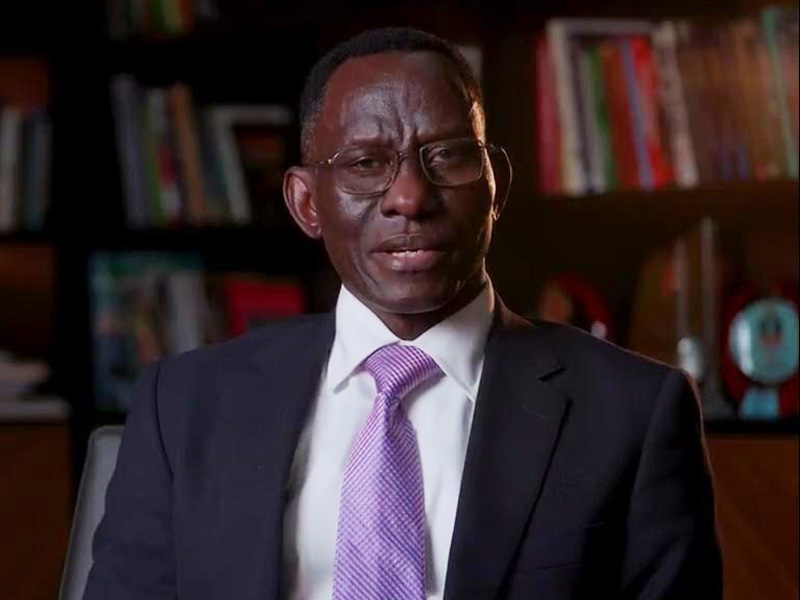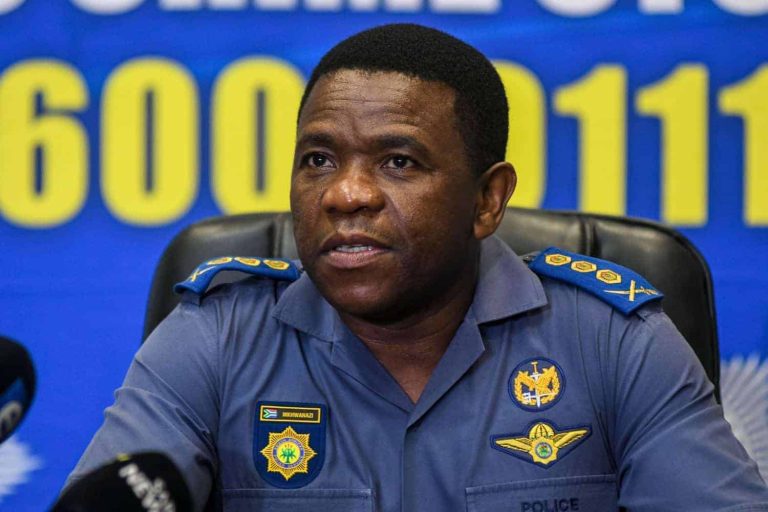
The ex-Chief of Defence Staff (CDS), General Lucky Irabor (Rtd), has called for a review of the 2022 Terrorism (Prevention and Prohibition) Act, explaining that although comprehensive, the Act contains vague provisions that risk undermining journalistic independence.
Irabor stated that reform is needed to amend ambiguous definitions of terrorism, embed procedural safeguards for arrests, and explicitly protect journalistic confidentiality.
The former Defence Chief made this call while delivering a paper at the just concluded Guild of Editors Conference in Abuja.
He said: “Within 24 months, targeted amendments should be passed to clarify definitions and reduce arbitrary arrests by at least 50%.
These legal adjustments will balance the imperatives of security with the preservation of press freedom, ensuring that media institutions continue to serve as watchdogs rather than becoming casualties of counterterrorism policy.
Such reforms will also build public trust in both the legal system and the media, strengthening democratic resilience.
When journalists feel legally protected, they are more likely to engage in investigative reporting that exposes extremist networks and corruption that may fuel insecurity.
By addressing legislative ambiguity, Nigeria can ensure that its counterterrorism framework is not only robust but also consistent with international human rights standards.”
He also emphasised that one of the most pressing needs in Nigeria’s counter-terrorism architecture is structured cooperation between the media and security institutions.
To this end, Irabor advocated the establishment of a National Media–Security Coordination Council (NMSCC) under the Federal Ministry of Information and National Orientation, to serve as a formal platform for intelligence–information exchange.
Such an institution, he said, would enable regular joint briefings, verified updates, and guided access to operational details, thereby eliminating sensational or conflicting narratives that often undermine national security communication.
“This takes into account the concept of ‘Citizenship Media’. Here, the view sees the media as builders of nations. They shape society. What you say is what you get. Therefore, as a media practitioner, whatever you do, always ask yourself: does it align with the kind of society you envision? Your actions must not lead to self-destruction,” General Irabor said.
The ex-CDS stressed that a well-supported, professionally guided, and institutionally protected media remains one of Nigeria’s strongest instruments for fostering peace, resilience, and enduring national security.
He, however, reminded the editors that, as the last men standing, they do not have the swords to protect themselves if their framing of national security matters leads to the extinction of the first, second, and third persons in the realm.
He also called for the constitution of a coordinated task force comprising editors, security agencies, and human rights organisations to develop comprehensive guidelines for terrorism reporting.
These guidelines, he said, should cover verification standards, the framing of narratives, the ethical use of imagery, and the protection of sources.
“Within 18 months, at least 80% of media houses are expected to adopt the guidelines, with periodic audits conducted to measure compliance and assess levels of public trust. Such a framework would reduce sensationalism, enhance journalists’ safety, and promote responsible reporting that resists the manipulative strategies of terrorist groups.
By embedding these practices into the professional culture of Nigerian journalism, the media can strengthen its watchdog role while avoiding the unintentional amplification of extremist propaganda.
Clear guidelines would also create a shared framework between government and media institutions, reducing friction in moments of crisis. Ultimately, national guidelines ensure that reporting protects both democratic freedoms and public safety without compromising credibility,” he said.
Linus Aleke



